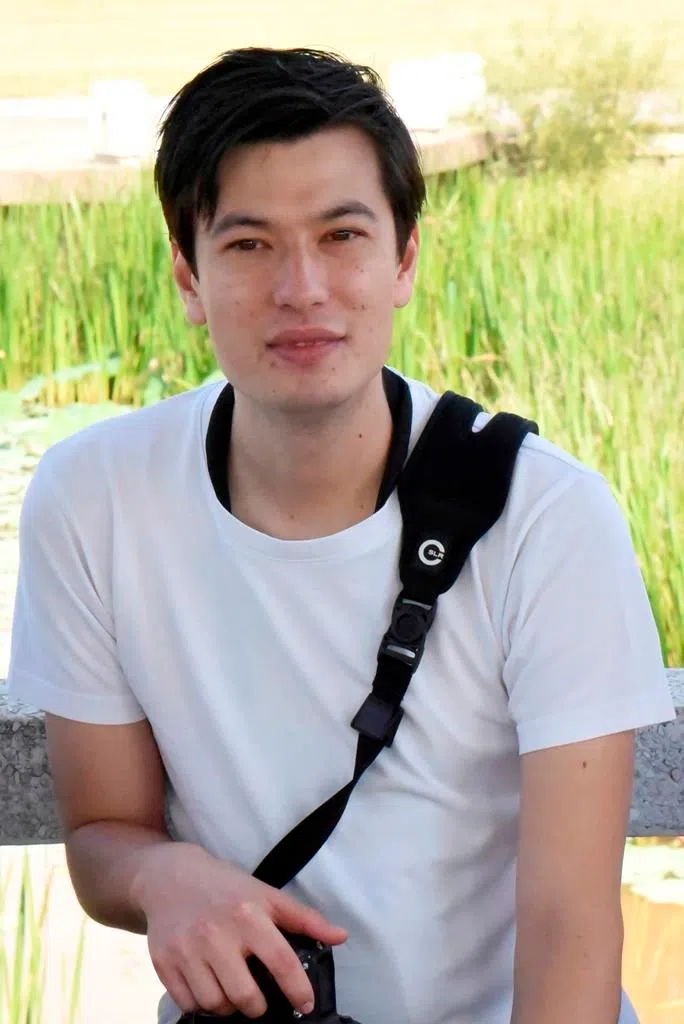
Australian student released in North Korea says ‘I’m OK’
TOKYO — An Australian student released after a week in detention in North Korea arrived in Tokyo on Thursday after telling reporters he was in “very good” condition, without saying what happened to him.
Australian Prime Minister Scott Morrison announced to Parliament that Alek Sigley, 29, had been released by North Korea following intervention from Swedish diplomats and described him as safe and well. After Sigley’s arrival in Beijing, he later went to Tokyo to reunite with his wife, who is Japanese.
At Beijing’s airport, he gave a peace sign to reporters and said, “I’m OK, I’m OK, I’m good. I’m very good,” but did not respond to questions about what had happened in Pyongyang.
He had been studying at a Pyongyang university and guiding tours in the North Korean capital before disappearing from social media contact with family and friends a week ago Tuesday. He had posted often on social media about his experiences in North Korea and had boasted about the extraordinary freedom he had as one of the few foreign students living there.
